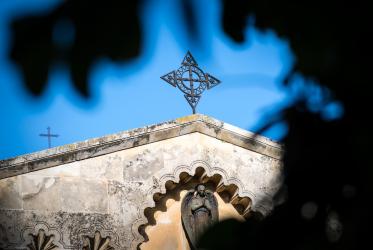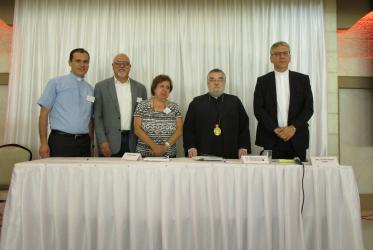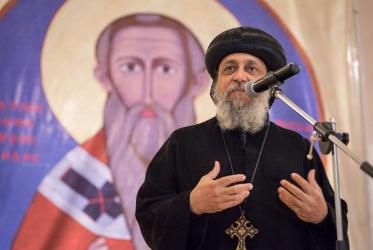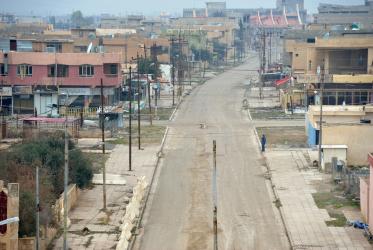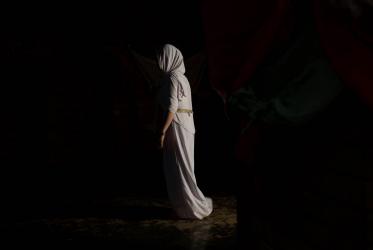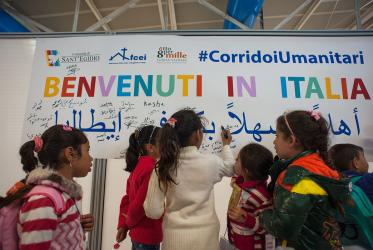Displaying 1 - 20 of 26
Coptic Pope and Oriental Patriarchs on historic visit in Germany
25 October 2017
WCC condemns attack in Egypt
26 May 2017
Carrying the cross without fear
12 April 2017
In Syria and Iraq, minorities must come out of the darkness
28 November 2016
Beirut workshop fosters cooperation on diakonia
14 June 2016
Syrian families arrive in Italy
09 March 2016
WCC/UN conference calls for coordinated action on refugee crisis
20 January 2016

